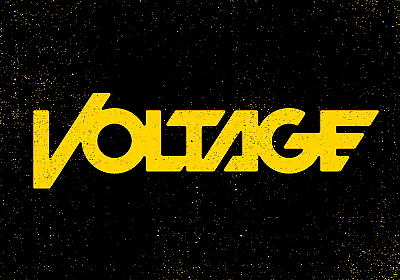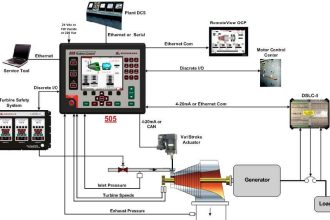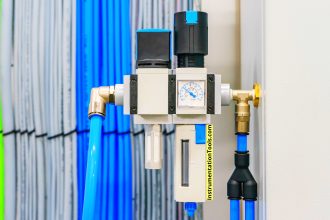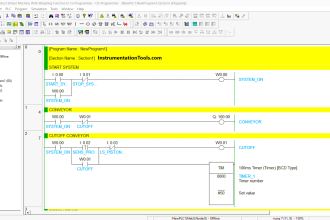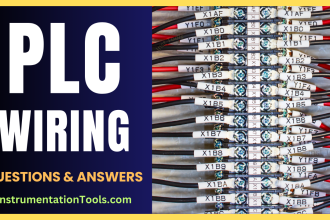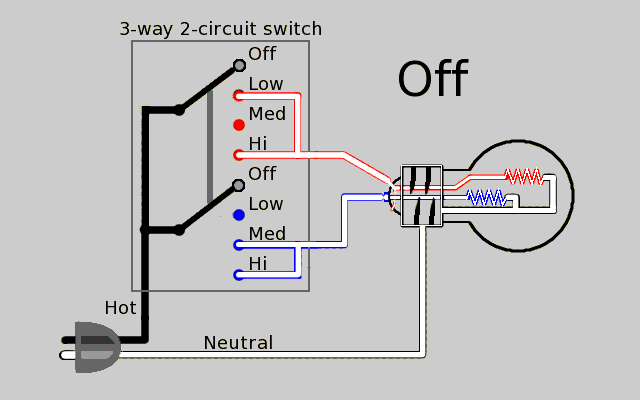Generally in secondary distribution system, single phase two wire distribution system is generally followed. But for remote distribution systems in rural areas single phase ground return system has found economical. In this system earth is used as return conductor and only one phase wire or conductor is used. This system requires grounding rods deep into the soil at each consumer’s site in order to establish a sufficiently low impedance to the ground. This single phase earth return system has certain limitations like increase in earth potential and interference with telecommunication lines. Some of the advantages and disadvantages of single phase earth return systems are:
Advantages:
- Single Phase earth return system is economical to the extent of 30-40 percent conventional three phase system under favorable conditions. The galvanized steel line conductor system affords further economy
- Better voltage regulation which is the main problem in long conventional feeders
- Improved power factor as compared to the conventional system, nearly about 0.95 whereas conventional system usually have power factor between 0.7 to 0.8
- The outage on the single wire earth return system are comparatively lesser than on the conventional system due to the less number of components per span
Disadvantages:
- Maximum ground return current permitted is 7 to 8 amps. This limitation is to avoid communication interference and safety hazards due to voltage gradient. A 1:1 isolation transformer is used to minimize the possibility of telephone interference
- Maximum power limit of distribution of single wire earth return system is limited up to 3 to 3.5kVA/km of the line
- Particular configuration and the maintenance of the earth electrode is an important point while adopting this system
- Single phase earth return system without the isolation transformer may create extraordinary interference with the telecommunication circuits
